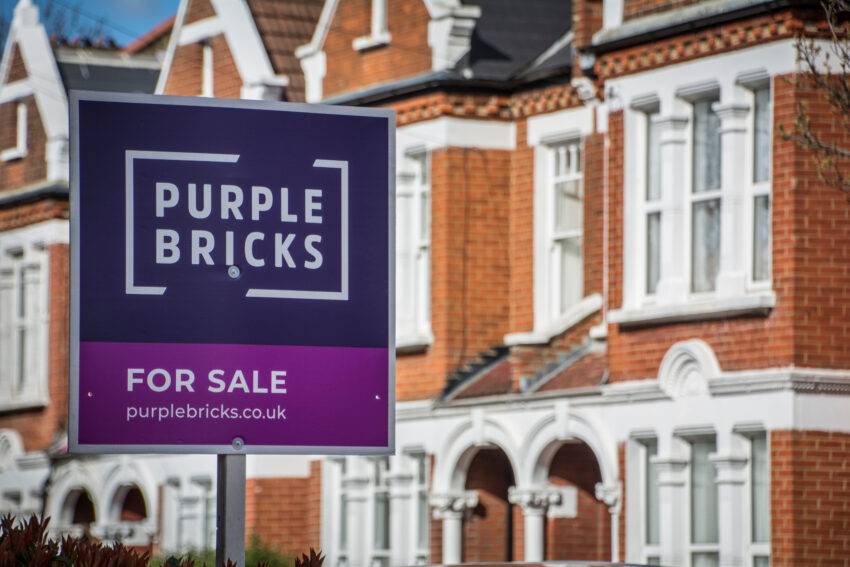Homeowners can now sell their houses for nothing through Purplebricks as the online estate agent tries to claw back market share it lost over the past couple of chaotic years.
The agent, which unlike its more traditional rivals has no high street presence, will value a home, list it on Zoopla and handle the negotiation process free of charge.
Instead, Purplebricks will make its money by selling optional extras to customers. Sellers can pay to put their home on another property search website, such as Rightmove, or purchase a premium listing, which bumps up their home to the top of the results page.
Better photography and video tours can also be bought, as can hosted viewings. Bosses anticipate that more than 60 per cent of customers will end up buying at least one optional extra.
Purplebricks will also try to sell mortgages and conveyancing services to its customers, as well as to buyers, although there is no obligation for them to purchase.
“The key thing is about transparency,” Andrew Harrison, chairman of Purplebricks, said. “Every single customer can sell their house for free and it’s not just a complete do it yourself service — we are with you 24/7 holding your hand through it like an estate agent.
“But we do break out the optional extras that you can buy along the way that can either help to sell your house more quickly or for more money. Even if you took all of the extras that we have to offer, we reckon we’d still be half the price of a traditional high street agent.”
The no-fee model was pioneered by Strike, another online estate agent, launched in 2020. Strike, which is owned by Sir Charles Dunstone’s Freston Ventures vehicle, bought Purplebricks for £1 back in May.
Purplebricks was launched a decade ago by brothers Michael and Kenny Bruce and and David Shepherd. It quickly won market share among sellers drawn by its cheaper fixed-rate fees. A few years ago it had a 6 per cent share of the market, but this had halved to 3 per cent by the time it was rescued by Strike.
While traditional agents during the pandemic were making more money than they had done for years, Purplebricks missed out after a string of boardroom missteps, management changes and profit warnings. Its stock market value collapsed.
Despite its woes in the City, the Purplebricks branding is being retained by the new owners, while Strike will be phased out. A new advertising campaign will be launched on Boxing Day.
“It would be foolish to buy [Purplebricks] and throw away that incredible brand that resonates with customers,” Harrison said. “We’ve looked at it very carefully, but all of our data tells us that … in the eyes of the consumers, Purplebricks does a really good job.”
One of the pushbacks from industry analysts to low-fee models has been that people do not want to use the cheapest platform to sell their most expensive asset. Harrison rebuffed that suggestion, saying that sellers “might be surprised” by how Purplebricks’ offering compares to high street agents.
“We’re not for everybody, we’re not targeting 100 per cent of the market,” he said. “But I think that there’s a value player in every industry that can get into double-digits market share whether that’s hotels, airlines, food. That’s our ambition.”


